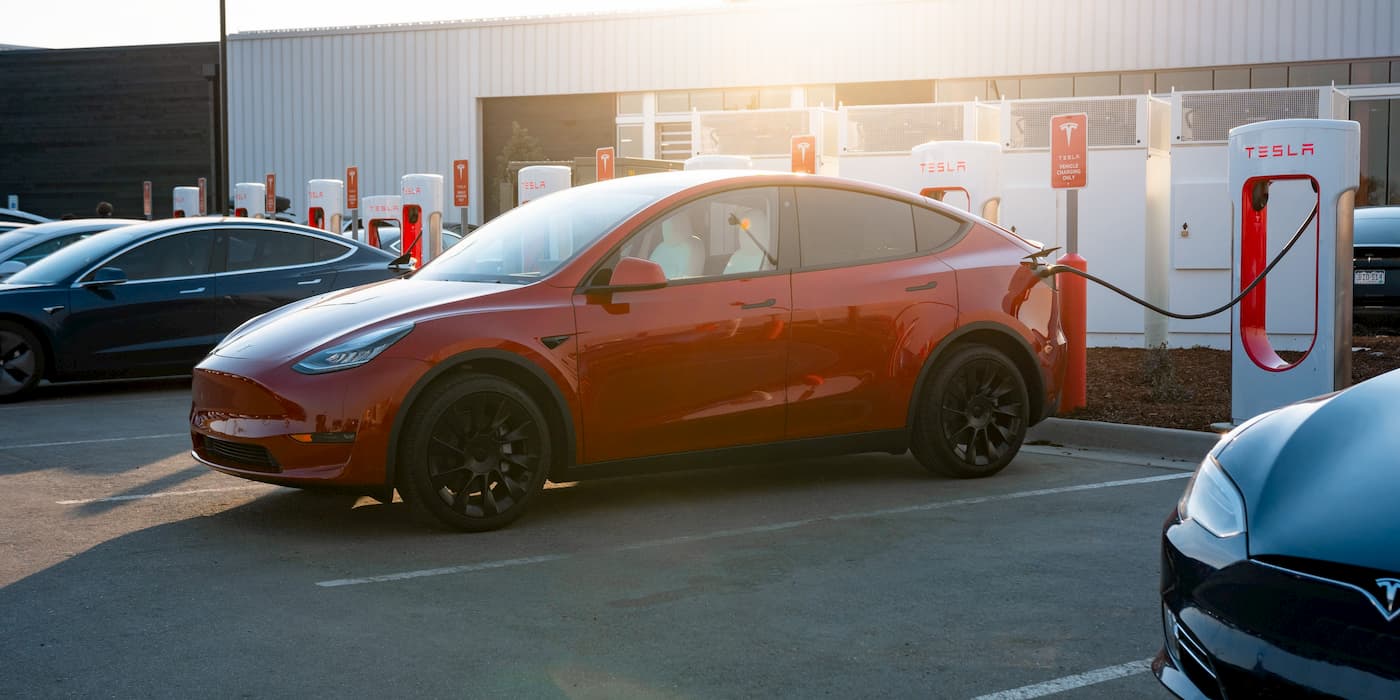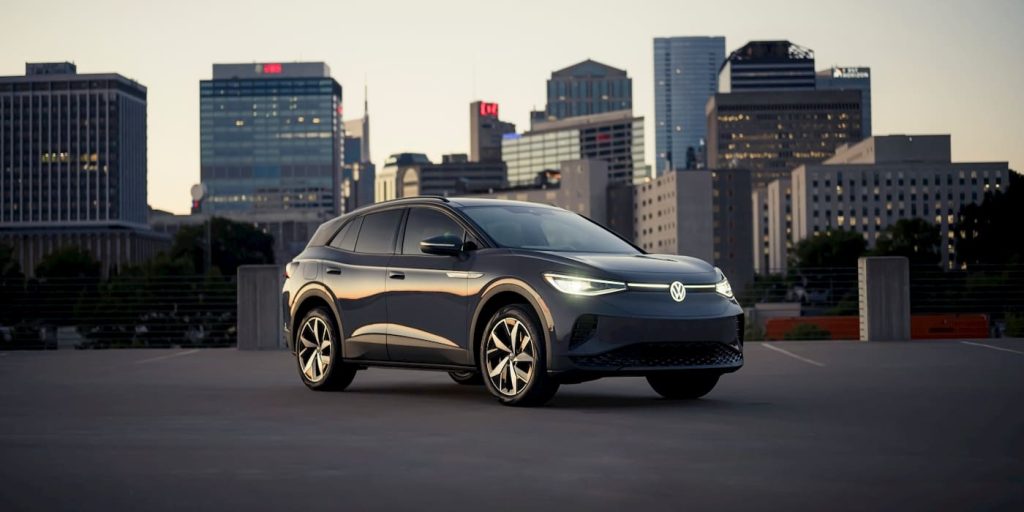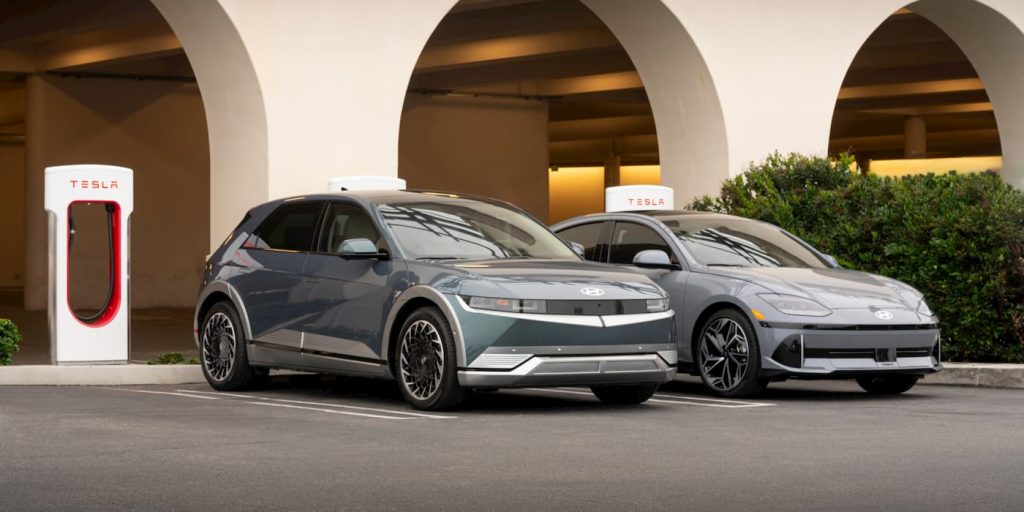
Global EV sales continued building momentum last month despite claims of a cooling market. Sales of electric vehicles grew by double digits in the top markets globally. China, the world’s largest EV market, continues to break sales records despite ending subsidies.
According to market research firm Rho Motion (via Reuters), EV sales grew 29% year-to-date in China in October.
“What’s notable about October’s figures is that EV demand in China continues to reach record highs even though the subsidies were cut,” the company said in a statement.
The growth comes amid China ending an 11-year subsidy for EV buyers last year. Despite this, Rho Motion claims, “2023 is set to be another banner year for China in terms of EV sales.”
Leading Chinese EV maker BYD has continued building momentum this year. The company came within a few thousand of surpassing Tesla as the world’s largest EV maker in the third quarter.
BYD sold a record 151,193 all-electric vehicles in September, for a total of 431,603 in Q3. Meanwhile, Tesla delivered 435,059 EVs in the quarter as it aims to reach its goal of 1.8 million this year.
Like Tesla, BYD has aggressively cut prices this year to drive out a flurry of new competitors and stimulate demand.
Despite the lower prices, BYD posted a record $1.42 billion in third-quarter profits. The company’s gross margins reached 22.12%, its highest in three years.

So, is EV adoption slowing, as many are claiming? The data suggests otherwise…
Is EV sales momentum really slowing?
Despite claims that demand for EVs is cooling, the global electric vehicle market grew 34% year-to-date last month.
The top auto markets had double-digit EV sales growth. Outside of China, EV sales grew 26% in European markets, where subsidies were also cut recently.
Several automakers, including Volkswagen and Mercedes-Benz, have warned that higher interest rates and inflation are turning customers away. Volkswagen’s CFO Arno Antiliz said EV orders were down to 150,000 in Q3, 50% lower than last year.

In response, Volkswagen has cut production of several EV models in Germany, including the ID.4, ID.7, and Audi Q4 e-tron.
Meanwhile, Chinese automakers, including BYD, are expanding in Europe with affordable EV models like the Dolphin hatchback.
EV sales in North America are up 78% so far this year. “The North American market continues to have a strong 2023, with Tesla still taking the lion’s share of demand as legacy automakers temper ambitions of scaling production,” Rho Motion said.
US electric vehicle market
According to recent Cox Automotive data, US EV sales surpassed 300,000 for the first time in Q3. EV sales in the US have now grown for 13 straight quarters.
EV sales accounted for 7.9% of total US auto sales in Q3 with Tesla remaining on top. Tesla accounted for 50% market share, down from 62% in the first quarter. With the highly-awaited Cybertruck launching, momentum is expected to continue.
| Q3 2023 US sales | Q3 2022 | YOY | Q3 Market Share | |
| Audi | 7,538 | 3,891 | 93.7% | 2.4% |
| BMW | 13,079 | 4,365 | 199.6% | 4.2% |
| BrightDrop | 35 | – | 0% | 0% |
| Cadillac | 3,018 | 36 | 0% | 1% |
| Chevrolet | 15,872 | 14,709 | 7.9% | 5.1% |
| Ford | 20,962 | 18,257 | 14.8% | 6.7% |
| Genesis | 1,802 | 888 | 102.9% | 0.6% |
| GMC | 1,167 | 411 | 183.9% | 0.4% |
| Fisker | 997 | – | 0% | 0.3% |
| Hyundai | 19,630 | 5,824 | 237.1% | 6.3% |
| Jaguar | 86 | 22 | 290.9% | 0% |
| Kia | 9,325 | 5,583 | 67% | 3% |
| Lexus | 1,394 | – | 0% | 0.4% |
| Lucid | 1,618 | 654 | 147.4% | 0.5% |
| Mazda | 34 | 8 | 325% | 0% |
| Mercedes | 10,423 | 2,717 | 283.6% | 3.3% |
| Mini | 516 | 1,105 | -53.3% | 0.2% |
| Nissan | 6,074 | 1,276 | 376% | 1.9% |
| Polestar | 3,710 | 2,852 | 30.1% | 1.2% |
| Porsche | 2,050 | 1,325 | 54.7% | 0.7% |
| Rivian | 15,564 | 6,884 | 126.1% | 5% |
| Subaru | 2,791 | – | 0% | 0.9% |
| Tesla | 156,621 | 131,024 | 19.5% | 50% |
| Toyota | 2,827 | – | 0% | 0.9% |
| VinFast | 1,159 | – | 0% | 0.4% |
| Volvo | 4,087 | 542 | 654.1% | 1.3% |
| Volkswagen | 10,707 | 6,657 | 60-.8% | 3.4% |
Despite this, with new EV models hitting the market, Tesla’s share of the market is bound to slip. Overseas competitors including Mercedes-Benz, Volvo, and Hyundai are seeing momentum picking up.
Although Ford (20,962) and GM (20,092) sold more EVs, Mercedes topped the American automakers in sales share. Electric vehicles accounted for 15% of Mercedes total US sales, while GM and Ford were around 3% to 4%.

The growth comes amid delays from top American automakers including Ford and GM on key EV targets.
GM announced it was delaying production of the Equinox, Silverado RST, and GMC Sierra Denalli EVs to protect pricing.
Ford revealed it was pushing back its 600,000 run rate goal until next year. It’s also scapping plans to build one of Europe’s largest EV battery plants with LG Energy Solutions.
Electrek’s Take
So, is EV sales momentum really slowing? Top legacy automakers including Ford, GM, and Volkswagen are warning that the pace of EV adoption is slowing.
Others, including Hyundai and Volvo, expect the momentum to continue with new, advanced models launching next year.
Rivian, an EV startup, raised its production target after crushing Q3 expectations. The company delivered an impressive 15,564 vehicles in the third quarter, more than double last year’s figures.
The fears of slowing demand are over higher interest rates, which could cut into consumer budgets. However, as many EV makers are proving, electric cars are still selling.
Automaker’s that put the early effort in, like Tesla, Rivian, Volvo, and others are seeing the returns.
EV adoption will continue climbing year-over-year despite near-term concerns. The companies doubling down now, will continue reaping the rewards as the industry transitions.
FTC: We use income earning auto affiliate links. More.



Comments